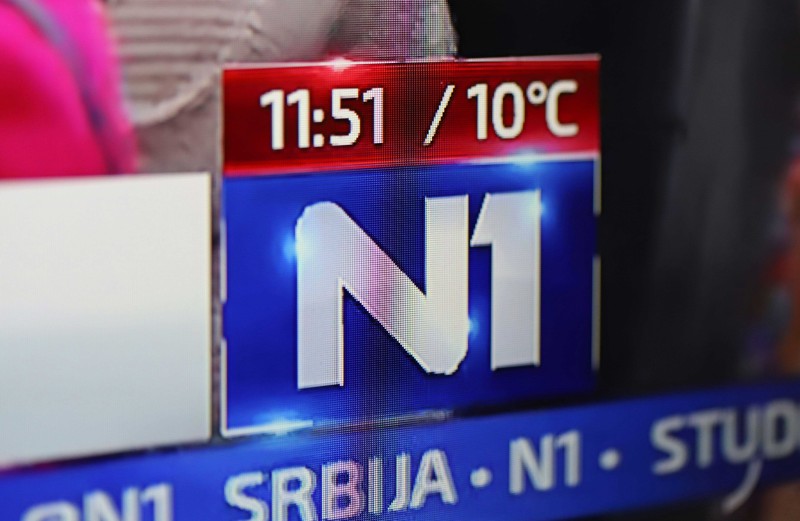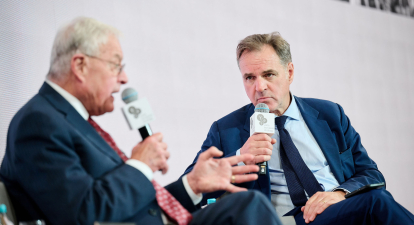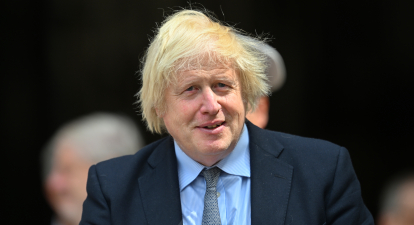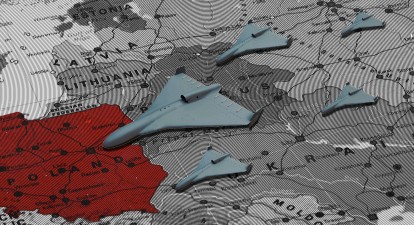
OCCRP investigations reveal that the media empire of Dragan Šolak and his partner Wolfram Kuoni relied on offshore structures linked to Gazprom – and even amplified the messages of Kremlin ideologue Alexander Dugin.
International investigative journalists have exposed how Russian capital infiltrated the information space of the Balkans and Europe through a network of offshore schemes. At the center of the story are Dragan Šolak, founder of the region’s largest telecom and media conglomerate United Group, and his longtime associate Wolfram Kuoni, a Swiss lawyer widely known as the “Kremlin banker.”
Šolak built a media empire that owns TV channels N1, Nova, and the daily newspaper Danas. Publicly he presented himself as a pro-Western businessman, but OCCRP investigations show that millions of euros from United Group’s operations were funneled for years through offshore companies in Malta, Liechtenstein, and the British Virgin Islands. Kuoni, who simultaneously sat on United Group’s board while serving as a vice-president of Gazprombank Switzerland, played a key role in managing these flows.
Kuoni also sat for several years on the board of Swiss company Ferrexpo AG, which controls the Poltava Mining and Processing Plant in Ukraine. At the time, the company was controlled by Ukrainian oligarch Kostyantyn Zhevago, who, according to Ukraine’s State Bureau of Investigation, has been charged in absentia with embezzling more than 2.5 billion hryvnias from Finance & Credit Bank. Kuoni stepped down from his position at Ferrexpo in January 2025.
He is now under investigation by the U.S. Office of Foreign Assets Control (OFAC) under the Global Magnitsky Act, which allows Washington to impose targeted sanctions on individuals involved in corruption or serving the interests of the Kremlin.
While Wolfram Kuoni remains under scrutiny for his financial role, questions have also been raised about Dragan Šolak’s public stance, whose United Group dominates the Balkan media market. Journalists have pointed out that Šolak rarely comments on the political pressures facing his business. Writing on X, Frankfurter Allgemeine Zeitung journalist Michael Martens observed:
“Mr. Šolak has skin in the game, so he should be best suited to explain how threatened his media empire really is. But the reaction was always the same: silence. Mr. Šolak, it seems, is too busy or important to speak to the media about the media situation in Serbia.”
Šolak’s media outlets also repeatedly broadcast material quoting Kremlin ultranationalist ideologue Alexander Dugin – including after Russia’s military defeat in Kherson in 2022. Experts say this underlined how United Group’s editorial line often resonated with Moscow’s narratives.
For Ukraine, investigative journalists warn, the story is a clear signal. The Kremlin wields not only military force but also money and media to undermine trust in Ukraine and the West. The cases of Šolak and Kuoni show that even outlets presenting themselves as independent and committed to liberal principles can in reality serve as conduits for Russian capital and influence.






